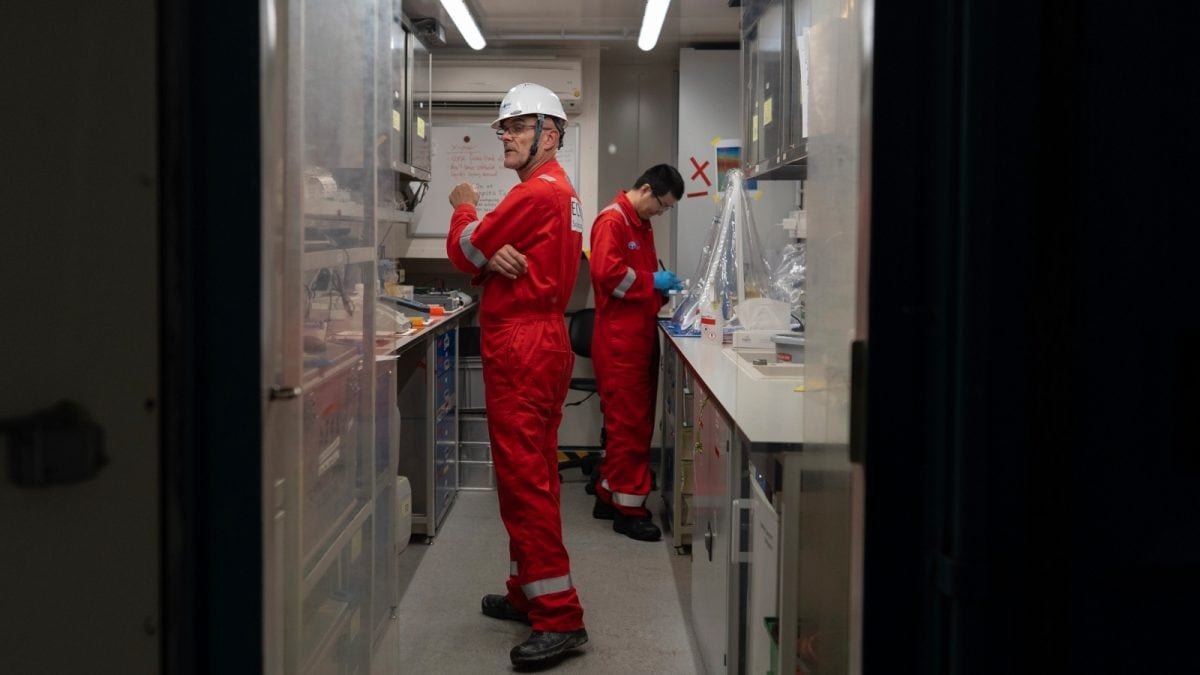Last Updated:
At least 85 prominent scientists working in the US have moved full-time to Chinese research institutions since early 2024

China is increasing its investment in research and development, offering high salaries, state funding, and a political push for innovation to attract top talent. (Representational image via AP)
A growing number of top scientists and researchers based in the United States are leaving to take up roles in Chinese universities and research institutes, according to a report by CNN.
The trend has sparked concerns over the US’ long-term scientific competitiveness, especially in critical sectors like artificial intelligence, quantum computing and biotechnology.
Recommended Stories
As per the report, at least 85 prominent scientists working in the US have moved full-time to Chinese research institutions since early 2024, with more than half making the shift in 2025 alone. The group includes nuclear physicists, NASA collaborators, neurobiologists, mathematicians, and AI specialists.
Many of those moving are foreign-born scientists who built their careers in the US, particularly Chinese nationals who studied and worked in American institutions before returning to take up senior research roles in China.
The movement forms part of what experts are calling a “reverse brain drain”, driven by deep cuts to federal research funding, increased visa restrictions, and growing government scrutiny of foreign talent, particularly those with links to China, under the administration of US President Donald Trump.
In contrast, China is increasing its investment in research and development, offering high salaries, state funding, and a political push for innovation to attract top talent — including those with Chinese heritage who studied or worked in the West.
“This is a gift from Trump,” said Yu Xie, professor of sociology at Princeton University, referring to how Chinese universities view recent US policy changes. Speaking to CNN during a visit to Chinese campuses, Xie said, “You will see a proliferation of new, strengthened and improved research programs and training programs, in all different areas within China.”
CNN reports that Chinese institutions are leveraging both generous government support and growing geopolitical tensions to entice talent.
A headhunter in eastern China, who recruits global tech professionals for the semiconductor industry, told CNN that US policy changes have led to a spike in interest for government-backed research roles. “Applications are increasing,” the recruiter said.
While the US Congress is likely to reject the most drastic funding cuts proposed by the Trump administration, uncertainty has already taken a toll. University labs have reported funding freezes, visa backlogs, and hiring delays, especially affecting researchers of Chinese descent.
The Trump administration has also used student visas as a bargaining tool in trade talks with China. In July, some lawmakers pushed to reinstate the China Initiative, a controversial programme that was previously criticised for encouraging suspicion toward academics of Chinese heritage.
Meanwhile, Chinese media has portrayed the US as an unstable environment for scientists. A recent People’s Daily editorial described China as a “safe harbour” and “platform to excel” for researchers, especially those facing what it called the “reckless interference” of “some Western country.”
(With inputs from CNN)
About the Author
The News Desk is a team of passionate editors and writers who break and analyse the most important events unfolding in India and abroad. From live updates to exclusive reports to in-depth explainers, the Desk d…Read More
The News Desk is a team of passionate editors and writers who break and analyse the most important events unfolding in India and abroad. From live updates to exclusive reports to in-depth explainers, the Desk d… Read More
China
September 29, 2025, 18:09 IST
Loading comments…
Read More



)